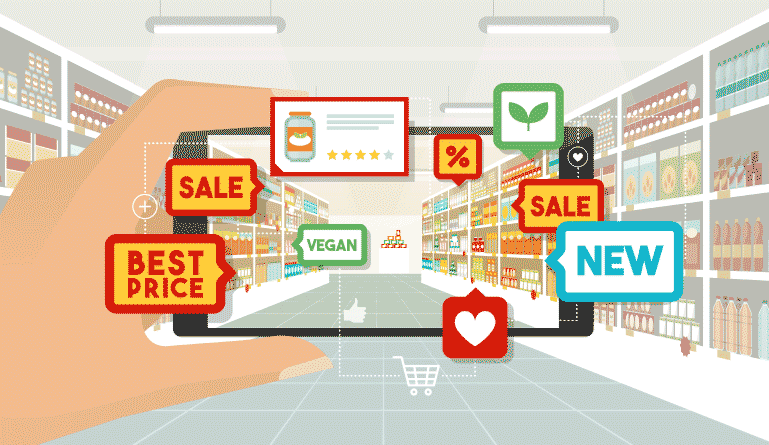Marketing automation matters. It’s more than just marketing jargon – it’s a meaningful way to enable your marketing team to do more and your campaigns to reach more customers in a relevant way. Marketing statistics show that marketers are looking for modern solutions that help amplify their efforts. CMO reports:
- 91% of marketers said a tool that enables their teams to review, analyze, and act on customer and marketing data in a continuous and real-time fashion would be valuable for their organizations.
- 88% of marketers said that reducing the time spent on preparing reports and analysis, thereby granting more time for strategy and focusing on customer interactions, would be valuable.
What is marketing automation?
HubSpot, one of the leading digital marketing organizations, describes marketing automation as “all about using software to automate marketing activities. Many marketing departments automate repetitive tasks such as email marketing, social media posting, and even ad campaigns — not just for the sake of efficiency, but so they can provide a more personalized experience for their customers. The technology of marketing automation makes these tasks easier.”
Ultimately, marketing automation is two-fold. On the one hand, it refers to the specific process that a business goes through to systematize and streamline their marketing efforts. It also refers to the software that a business uses to enable successful execution of those processes.
What can you automate?
According to QuickSprout, “Marketing automation connects multiple touchpoints and marketing channels including social media, email marketing, and content marketing.” It’s a long-term strategy meant to integrate many different pieces of a marketing campaign to create clearer, more consistent, and more relevant communications with your audience.
Some typical automation scenarios include:
- Welcome email: If someone subscribes to your newsletter or registers an account for the first time to buy a product on your site, an automatic email thanking them for their interest or their purchase is helpful in establishing a positive relationship.
- Lead nurturing emails: Lead nurturing involves sending content at regular intervals to customers during their buying cycle. This content isn’t necessarily only about positioning your brand as a solution but about establishing yourself as a trusted resource and partner who understands your customers’ problems points.
- Upsell: Email communications that past customers who have already purchased are a good way to grow your business and proactively continue your relationship.
While these automation actions are all email-based, it’s important to remember that email isn’t the only automation option available to you.
Why automate?
Automation helps to enhance every part of the customer journey and it’s important to use it as a way to create a holistic customer experience rather than a disjointed series of messages. According to HubSpot, “Good marketing automation takes into account the evolving needs of your leads, and the behaviors and interactions they have with you across all of your marketing channels. Not just email. Using behavioral inputs from multiple channels such as social media, viewing a pricing page, or consuming a particular piece of content gives marketers the context they need to fully understand a lead’s challenges.”
With better customer communication comes to increased sales. According to Main Street Host, a digital marketing agency, companies that automate their lead generation efforts see a 10% increase in revenue in 6-9 months. Automation also helps you create more meaningful customer relationships, which is significant because it’s 6-7 times more expensive to attract new customers than retain existing customers.
When is it important to automate?
In order for automation to be successful, you’ll need to start with a solid foundation of good content (this is critical to successful automation), as well as an existing list of new, organic leads. If you’re looking to scale your efforts and create more value for customers in order to nurture them into enthusiastic buyers, marketing automation might make sense for your business.
Here are some things to consider as you look into marketing automation.
- Is your marketing department already generating new leads?
- Do your marketing and sales departments agree on goals and align on communication?
- Do you have a content strategy that aligns with your buyer’s journey?
- Do you have a way to track your customer’s digital behavior throughout all marketing channels and not just email?
- Are you committed to growing your lead nurturing strategy?
While marketing automation can’t stand alone as a path to successful marketing, it can significantly improve your efforts and grow your customer engagement.
Whether it’s a B2B or B2C organization, marketing automation is a powerful tool in helping your business delivery your customer the right information at the right time. Not only can it save your employees time and your company money, automation ultimately helps you deliver a more relevant customer experience with more effective content and also allows your business to track the data related to your customer outreach.





